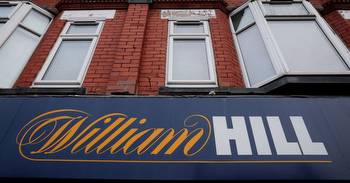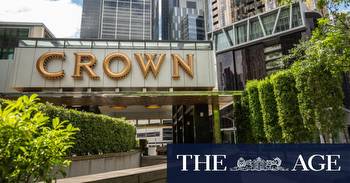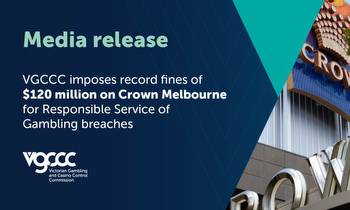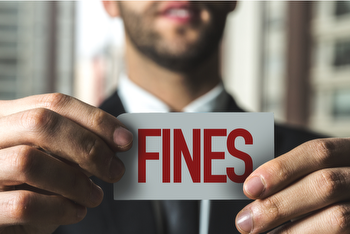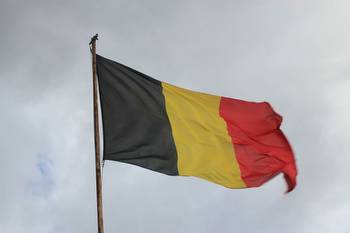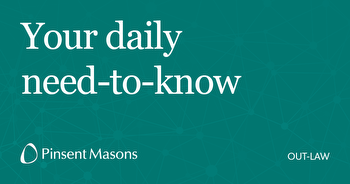Why won’t the Gambling Commission suspend licences of firms that break rules?
What would a big gambling company have to do in order for its operating licence to be suspended?
It’s a question that has been tested to its limits by the behaviour of the £11bn industry over the past decade, culminating in the record £19.2m fine handed down to William Hill this week over a rap sheet that beggars belief.
Putting the context aside for a moment, some of the lowlights of this latest chapter in the history of the British gambling industry are mind-boggling enough.
William Hill and its sister brand Mr Green allowed punters to squander thousands of pounds within minutes, without bothering to perform the required checks to ensure customers weren’t losing the shirts off their backs.
More than 300 people were allowed to bet despite having signed up to a company-wide system meant to block them from doing so. Volunteering for such “self-exclusion” schemes is usually a sign that a customer is in financial distress, or wrestling with addiction.
But it’s only when you factor in the backdrop to these transgressions that the jaw really hits the floor.
The litany of misdeeds began in May 2020 and continued through to October 2021, including several nationwide and regional Covid-19 lockdowns.
The Gambling Commission had explicitly warned the industry to be extra careful not to exploit punters who were trapped at home – bored depressed and vulnerable – with little but the spin of a digital casino wheel to entertain them.
Yet the failures continued.
In December 2020, the government launched a once-in-a-generation review of gambling laws, prompting the industry – mindful of the threat of draconian restrictions – to make solemn promises that behaviour would improve.
Yet the failures continued.
William Hill, Mr Green and 888 had previously been hit with sizeable fines for similar breaches of their licence conditions.
In the case of Mr Green, it had taken a £3m fine in February 2020 for “systemic failings” just three months before the period covered by this latest sanction from the Gambling Commission.
All of this suggests that fines – usually deemed “settlements in lieu of penalties” but let’s call them what they are – are no deterrent. Take the record £19.2m penalty meted out to 888, for instance. The company will make that back in less than four days of trading. Some might call it a cost of doing business.
The Gambling Commission has the power to go further, in theory. It can suspend the licence of a bookmaker or casino to operate in Great Britain. (Its jurisdiction does not cover Northern Ireland.)
The regulator said it had considered doing so this time but decided against it because William Hill had taken steps to improve.
Given the extraordinary circumstances – the lockdowns, the explicit warnings, the repeat offences, the government review – why wasn’t the licence suspended?
According to the regulator, an operator would have to have “failed to cooperate with a review or [be deemed] unsuitable to hold a licence issued by the commission”.
Industry sources think the threat of legal action could be just as pertinent.
The commission is understood to have threatened big operators with licence suspension before, only to be hit with 500 pages of legal blood-and-thunder, warning that not only would operators challenge such a decision, they would challenge the commission’s very right to make it.
The commission, it seems, has neither the stomach nor the budget to take such a fight.
That’s not to say that operators haven’t had their licences suspended or revoked before. Those on the receiving end include bet-at-home.com, Triplebet and Goldchip. Not exactly household names. The underpowered regulator chooses the battles it can win.
In a matter of weeks, the government will publish a white paper setting out proposals for overhauling outdated gambling laws that were drawn up by Tony Blair’s government in 2005, before the invention of the smartphone put a casino in every pocket.
Reforms could include affordability checks designed to prevent the very behaviour exhibited by William Hill, 888, Mr Green and countless other operators over the years.
Industry lobbyists have fought hard against such measures, issuing sombre warnings about the black market and nanny statism, in an effort to play on libertarian heartstrings of the Conservative right.
The timing of this latest fine, which could easily have been announced sooner, feels like the Gambling Commission’s way of fighting back shrewdly.
In the absence of greater firepower, it can at least show ministers the industry’s true face at the most opportune moment.
The rest is up to culture minister Lucy Frazer and Rishi Sunak.











